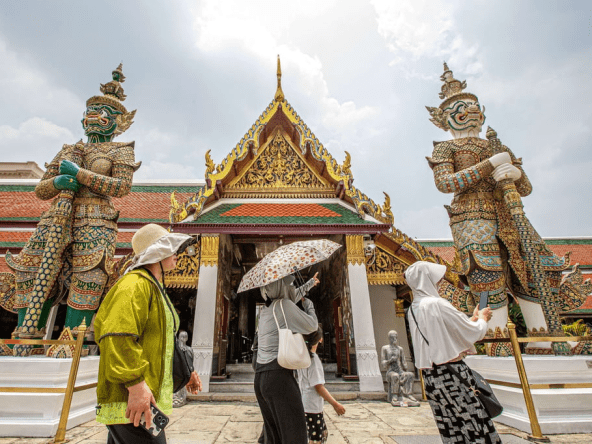Owning property in Thailand is an exciting investment—but have you ever asked: “What happens to my property when I die?” Whether it’s a condo, leasehold, land through a Thai spouse, or a house, the rules of inheritance in Thailand will apply.
Let’s walk through what you need to know.
🏛️ Thai Inheritance Law: The Basics
Thailand follows the Thai Civil and Commercial Code, which covers what happens when a person dies—both with or without a will.
✔️ If You Have a Thai Will:
Your assets, including property, are distributed according to your will.
❌ If You Die Without a Will:
Your assets will be distributed to legal heirs by default, in this order:
- Spouse
- Children
- Parents
- Siblings
- Grandparents
- Uncles/Aunts
🧾 What Happens to Different Types of Property
| Property Type | What Happens After Death | Notes |
|---|---|---|
| Condo (Freehold, foreign quota) | Can be inherited by foreign or Thai heirs | Heir must qualify under condo ownership rules (e.g., foreigner quota) |
| Land (via Thai spouse) | Thai spouse or Thai child can inherit | Foreigners cannot inherit land—must sell within 1 year |
| Land Leasehold | Can be inherited if the lease allows it | Lease contract must explicitly allow succession |
| House (structure only) | Can be inherited | Land it’s built on is subject to separate rules |
| Company-Owned Property | Shares can be inherited | Must be structured legally and with care |
⚠️ What If the Heir Is a Foreigner?
Foreigners cannot own land outright. So, if you leave:
- Land to a foreign child/spouse: They must sell it within 1 year
- Condo to a foreigner: Allowed, if foreign ownership quota is not exceeded
- Leasehold: Transfer depends on lease terms
📑 Example Scenarios
| Situation | Outcome |
|---|---|
| You own a condo as a foreigner | It goes to your heir (foreign or Thai) if within quota |
| You own land through your Thai wife | She inherits and keeps it; foreign heirs cannot |
| You lease land and build a villa | Lease may be passed on if inheritance clause is included |
| You die without a will | Thai court decides based on statutory succession |
📝 Why You MUST Have a Thai Will
Without a valid Thai-language will, your family may face:
- Legal delays
- Uncertainty in court
- Difficulty in transferring ownership
Tip: A Thai will must be witnessed by two people and signed in Thailand (ideally notarized).
📁 Key Documents to Prepare
| Document | Why It’s Important |
|---|---|
| Thai-language Will | Main inheritance directive |
| Land Titles / Chanotes | Proof of ownership |
| Lease Agreements | Clarify inheritance rights |
| Marriage/Birth Certificates | Prove relationships for legal succession |
| Passport/ID copies | Needed for processing estate transfer |
📊 Summary Table
| Question | Answer |
|---|---|
| Can foreign heirs inherit condos? | ✅ Yes (if within foreign quota) |
| Can foreign heirs inherit land? | ❌ No, they must sell within 1 year |
| Is a Thai will required? | ⚠️ Highly recommended to avoid disputes |
| Can leasehold be inherited? | ✅ If lease allows it |
| Who decides if no will exists? | 🏛️ Thai courts under inheritance law |
💡 Final Thought
If you own property in Thailand—or plan to—it’s critical to plan ahead. A properly drafted Thai will, understanding what property can legally transfer, and ensuring your heirs are aware of your ownership structure can make all the difference.




